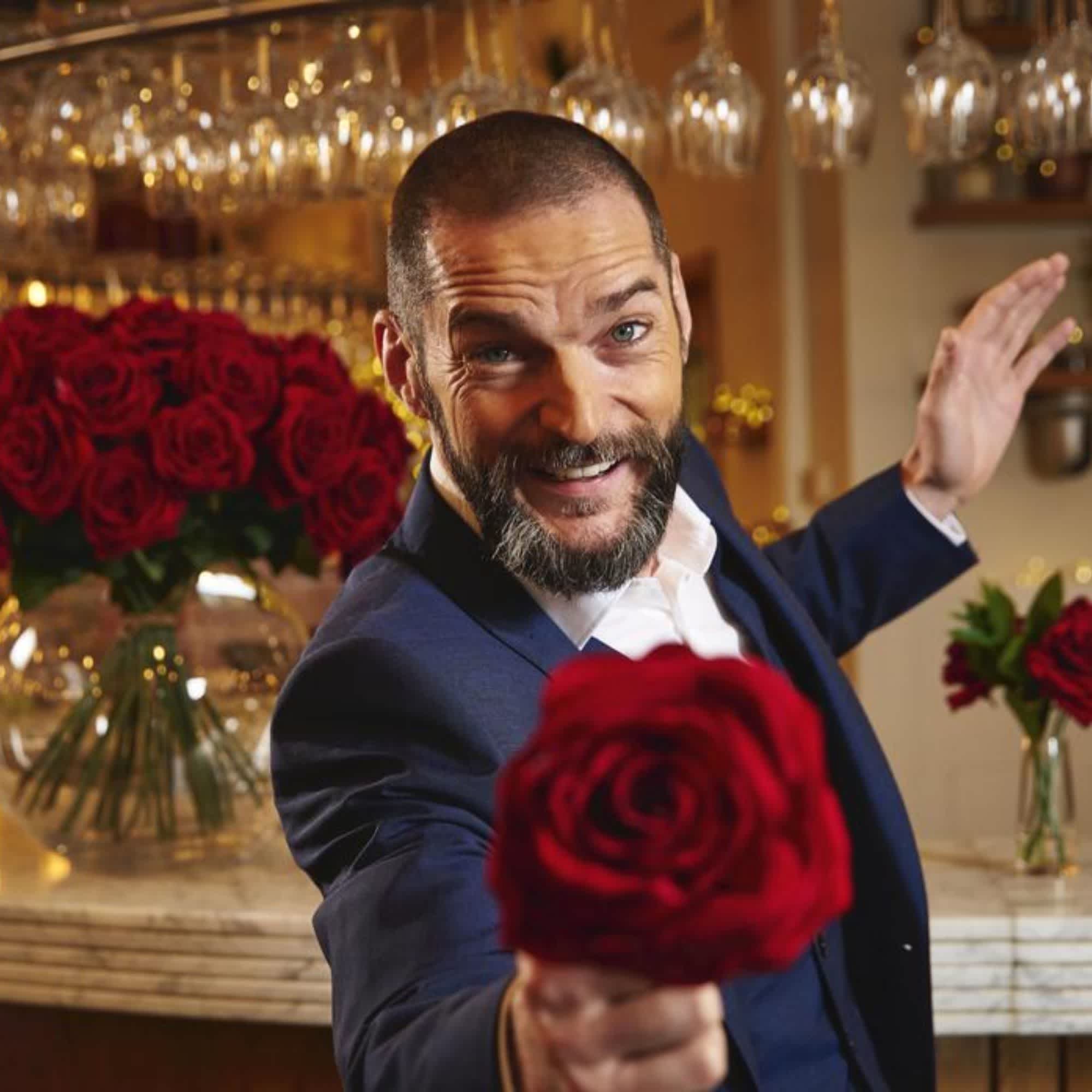
- POPSUGAR Australia
- Living
- The Psychology Behind Polyamory: Why Certain Personality Types Are Destined For More Than One Partner
The Psychology Behind Polyamory: Why Certain Personality Types Are Destined For More Than One Partner

Do you often feel as though you might have the capacity for more than one connection with a person, at any given time?
Perhaps you’re in a happy, long-term, monogamous relationship, but feel curious about going on dates with other people or feel hungry to connect with others on a more intimate level than just over a glass of vino in a bar. Or, you might feel that regardless of how amazing the person you’re in a relationship with is, and no matter how in love you feel; there are parts of you that you feel are getting left behind.
Chances are, you might be polyamorous. Or at least, poly-curious.
Polyamory is a relationship structure, a lifestyle, and increasingly, a way that people identify.
Usually, a polyamorous relationship is structured around one core primary partner, with each partner also having one or more secondary relationships. People who practice polyamory get their sexual and emotional needs met by different partners, firmly believing that one person is unable to meet those.
On paper, polyamory makes a lot of sense. It does seem strange that our concept of “the one” is a person who can totally fulfill you and cater to your every need. They’re your best friend, your lover, your confidant, your carer, your teammate, your muse… it can start to seem like a lot. And, of course, even if you do find someone who can meet all of these needs, most of the time, there will always be times when you desire something or someone else different; usually to fulfill a need that has been neglected.
So theoretically, having multiple partners to fill multiple needs, makes logistical sense. But then comes jealousy and societal expectations that tell us monogamy is the norm. This is where things get complicated.
So, Do Polyamorous People Get Jealous?
Of course, people who practice polyamory aren’t immune to jealousy. When discussing the topic of jealousy in polyamory, Janet W Hardy, author of the esteemed novel The Ethical Slut, says “we walk into jealousy on purpose”.
“It’s a huge myth and one that has done a lot of damage within the poly community — that we don’t feel jealous. But of course, we do, we’re human,” says Hardy. So, what makes those in the poly community different? For Hardy, it’s a commitment to “surviving” jealousy. “We know that sometimes we’re going to hurt and that we’ll need to learn some skills for surviving the hurt and get better at dealing with it.”
Hardy believes that these skills are worthwhile for everyone to learn.
It’s a huge misconception, that the main difference between people who practice polyamory and people who prefer monogamy, is that poly people simply aren’t “naturally jealous”. Hardy argues that there’s no such thing, there are just people who are willing to work on these feelings and people who aren’t.
But, What Is It That Makes Us Willing?
It’s hard to say whether it’s a natural instinct, or a product of the way we are brought up, our past experiences, and our openness to change. Each person’s psychological makeup is different and therefore, the way we approach something like polyamory will differ between each individual and each relationship.
I do know though, that there are some people who fit more naturally into polyamory. Like my friend Dave, for example.
Dave and I used to date. It was never serious, but he ran after me one day in Melbourne’s CBD after we’d had a brief interaction in a wine bar. He asked me if I liked oysters, gave me his number, and told me we should go on a date. So we did.
Dave identifies as polyamorous now and we’re still friends because that’s the kind of relationship we had. He’s one of the most open and vibrant people I’ve ever met and his emotional generosity and constantly curious nature makes his relationship structure of choice totally unsurprising to me.
“I’ve always been poly, I was just unaware of it in my monogamous relationships,” he tells me over the phone when I asked for his thoughts on polyamory.
“I’d always really struggled with monogamy, it just never really made sense to me. I was always interested in connecting with other people, whether it be flirty and sexual or just as friends. I’d tell my partner “hey, I want to go do this thing with someone cool I met the other day” and they’d get upset and say “why don’t you want to do that thing with me?”, but then I’d be like “we already do so much together!”. Then I’d feel like a shit boyfriend, y’know?”
“I didn’t know about polyamory, I honestly just thought I wasn’t good at relationships.”
Through struggling to find a relationship that worked for him, Dave went back and worked back from the ground up. He thought about what he wanted, what he could provide, and where he wanted to be in 30 years… and it led him to being in multiple relationships.
“I never had this moment of “I’m poly now”. It was just a series of decisions, moments of clarity, and working to understand myself better through therapy and reflection, that has just landed me here.”
From a psychological perspective, scholars have defined polyamory as an intimate practice, identity, and sexual orientation. It is not uncommon, writes Christian Klesse in “Polyamory: Intimate Practice, Identity or Sexual Orientation”, for people who identify as polyamorous to consider their polyamory “hard wired” — something that deeply informs their sense of self.
Dave echoes this sentiment, explaining that he asks his partners to treat his polyamory as something that is a given, an unavoidable part of his life.
“If someone is seeing purple spiders on the wall, telling them that they’re not is really the least helpful thing you can do,” he says, in an analogy that makes me giggle.
“It’s just something I want to be accepted as my truth. When my primary partner tells me that she wants to spend all her time with me, I can accept that she wants that and I can validate that her feelings are true for her, but they just don’t make sense to me. And that’s okay.”
What Makes Polyamory Work
Researchers have attempted to explain polyamory in a similar way to other sexual orientations: biology. And, while some research shows that the links between genetics and brain structure can lead to different biologic drives, potentially making some people more suited to polyamory than others; there is still plenty of vagueness and critique around what being polyamorous actually means — when it comes to science.
There’s also controversy and judgment. Some critics say that polyamory replicates “the disposable, throwaway values of capitalistic society, treating others as interchangeable and useful to one so long as they work for their own purpose”, while others say it’s emotionally and sexually greedy, and ultimately leads to the objectification of people.
Basically, it can be seen as quite a selfish practice. But couldn’t we argue that going after relationship structures that fulfill us is empowering?
Dave says that while he wants his lifestyle choices to be accepted by those that get involved with him, that doesn’t mean that he doesn’t compromise at all. Ultimately, it’s about communication.
“Relationships still need compromise,” he says. “I think it’s about good self-esteem. The more I like myself, the more I feel as though what I want is valid, so I ask for it. I want others to do the same! I respond really well to that.”
So, is there a certain type of person that fits better into the polyamorous lifestyle? Absolutely. But there’s no set list of personality traits that you can tick off to find out if it’s for you.
The only way to really know if you’re more comfortable in a poly relationship is to try it out for yourself. And, as Hardy says, there are lessons within relationship structures outside of monogamy that could help us all; regardless of our preferences and identities.



